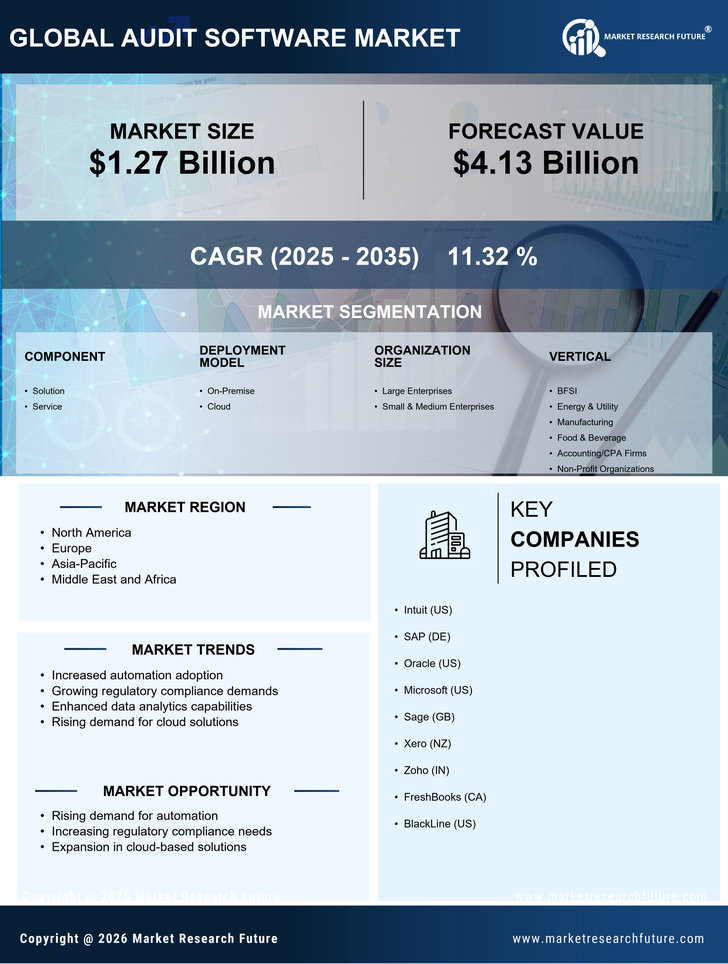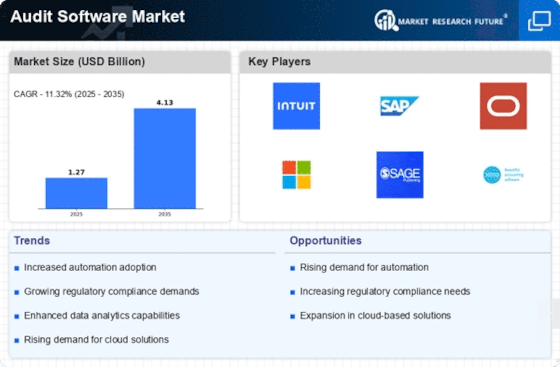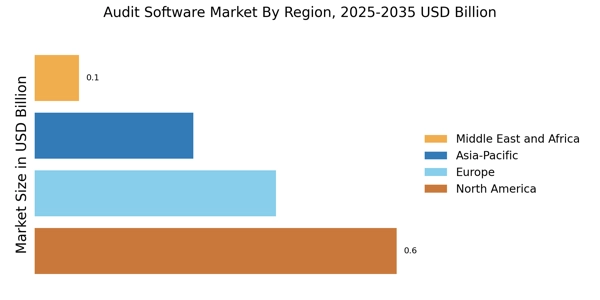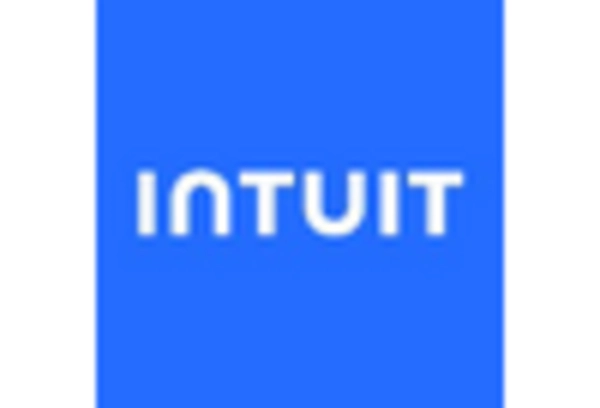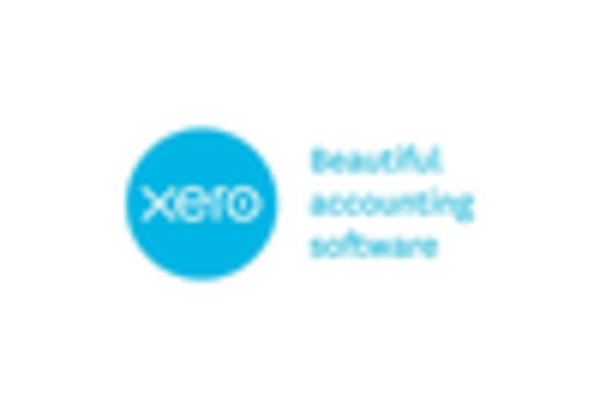Research Methodology on Audit Software Market
The target population for this study were the users of audit software, and therefore a research methodology was adopted by the Market Research Future (MRFR) research team to obtain detailed insights and data regarding the Audit Software Market.
Primary Data Sources:
Primary data sources include interviews with industry professionals, consumers and other stakeholders within the industry. These interviews ranged from executives at market giants such as Deloitte, Price Waterhouse Coopers and KPMG, to smaller players within the audit software market.
Secondary Data Sources:
In addition to primary data sources, secondary data sources include published industry data, such as financial information and market statistics. This is combined with research data gathered by making use of data sources such as books and annual reports. This data is used to supplement and build upon the primary data gathered.
Research Framework:
The research framework for this report is adapted from the McKnight and McKnight Consumer Acceptance Model, which is used to measure consumer acceptance of products and services. The research framework focused on market players, products, pricing and channel strategies.
Research Objectives:
The purpose of this research is to obtain in-depth insights into the Audit Software Market and assess its potential for future growth and development. To do this, the following objectives were formulated:
- To provide an overview of the market and its trends.
- To analyze the major players in the market and gain insights into their operations, segmentation, strategies and strategies.
- To analyze the market segments and identify their growth potential.
- To identify and analyze the trends that are driving the market.
- To analyze the pricing and channel strategies deployed by market players.
- To identify opportunities and threats in the market.
- To provide a comprehensive assessment of the Audit Software Market and forecast its future growth and development.
Scope of the Report:
The scope of the report is to provide a comprehensive assessment of the Audit Software Market to better inform decision-makers. The report aims to provide a comprehensive overview and analysis of all factors impacting the market, from regulatory, market and technological developments, to vendor activities and consumer preferences.
Research Approach:
The research approach employed for this report is qualitative and quantitative in nature. The research team used primary and secondary data sources to obtain in-depth insights into the market. Primary sources include interviews with industry professionals and stakeholders, while secondary sources include published industry data. Qualitative analysis is used to analyze and interpret the results, while quantitative analysis is used to provide an objective assessment of the Audit Software Market and its potential for future growth and development.
Research Methodologies:
Desk Research:
Desk Research is a method used by the research team in which existing secondary data sources are collected, compiled and retrieved for further analysis. These data sources include published industry reports, analyses and statistics, and other research publications.
Primary Research:
Primary Research is a method used by the research team in which in-depth interviews and analysis are conducted with industry professionals and stakeholders. These interviews are a key source of primary data and are used to obtain insights into the operations of key market players, their market strategies and their channel and pricing strategies.
Data Collection Tools:
In order to gather and analyse the necessary data, the following tools are used:
- Online Surveys
- Focus Groups
- Face-to-face Interviews
- Telephone Interviews
Data Processing and Analysis:
The collected data is processed and analysed using various data processing and analysis tools and techniques. These includes the following:
- Proportional Analysis
- Gap Analysis
- Correlations Analysis
- Regression Analysis
- Data Mining
- Trend Analysis
